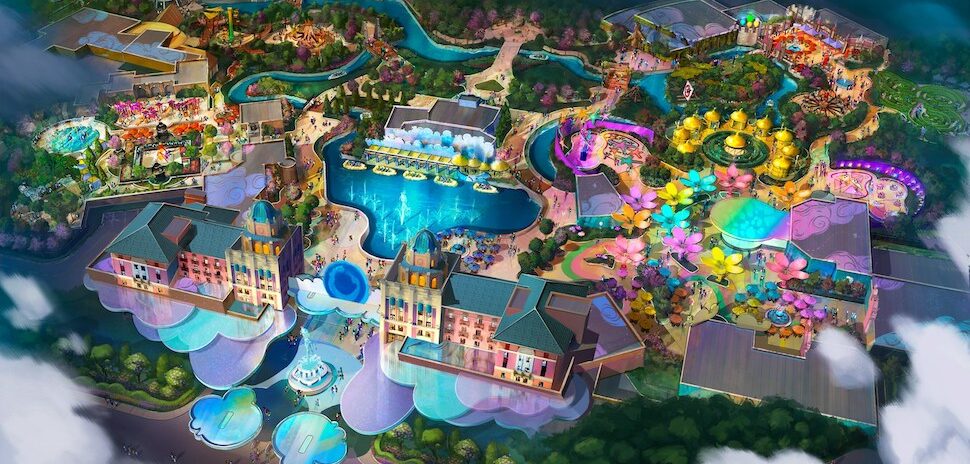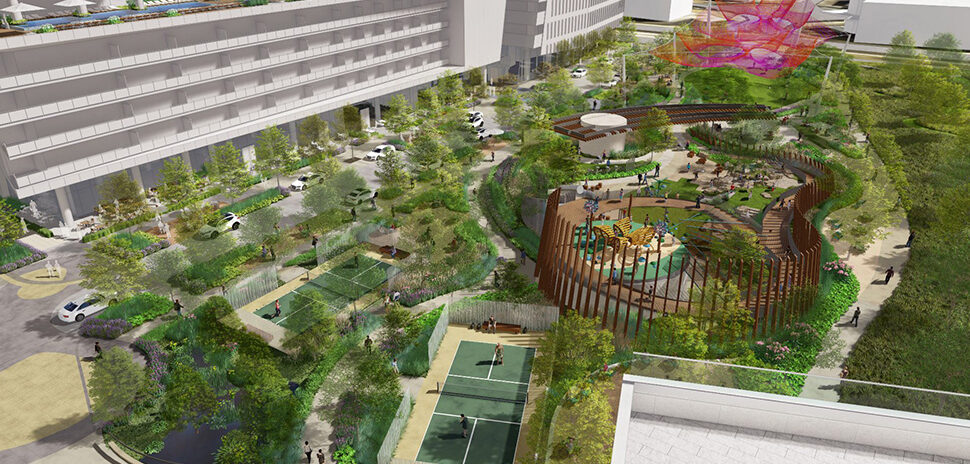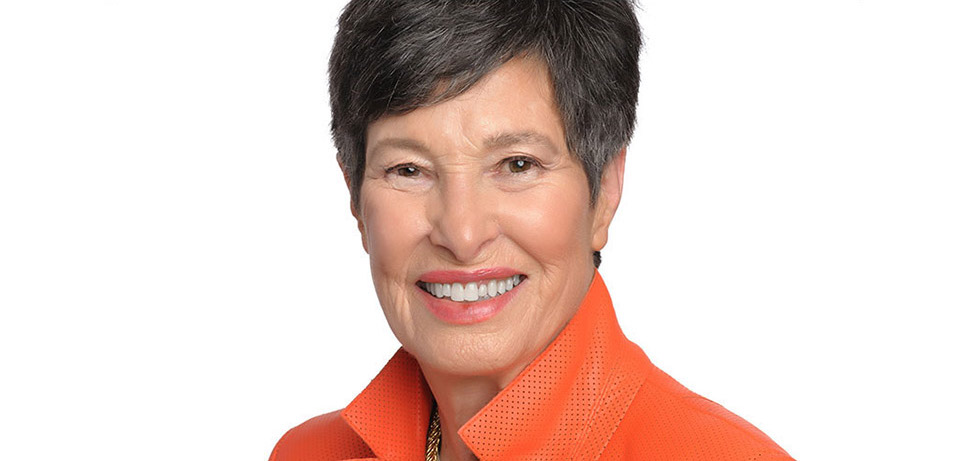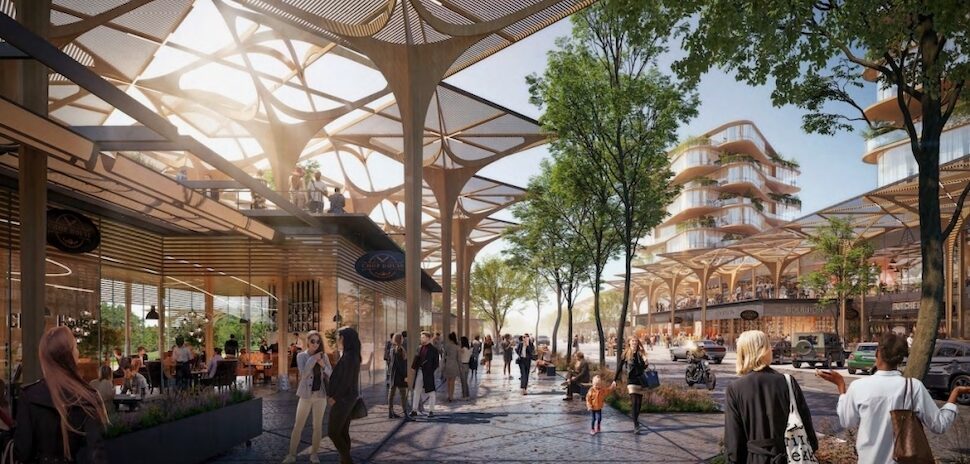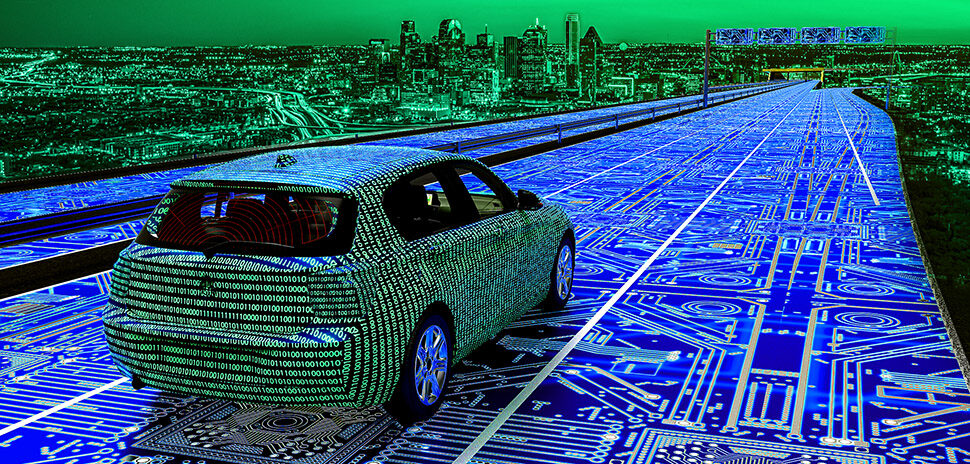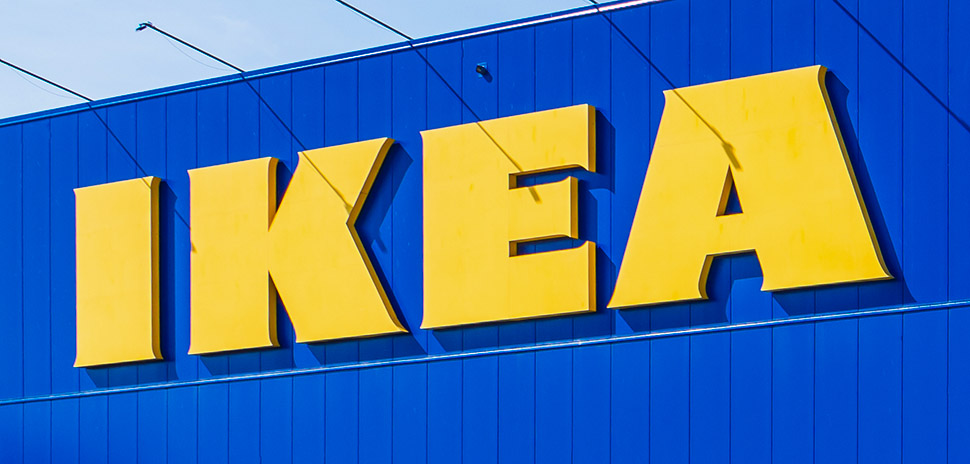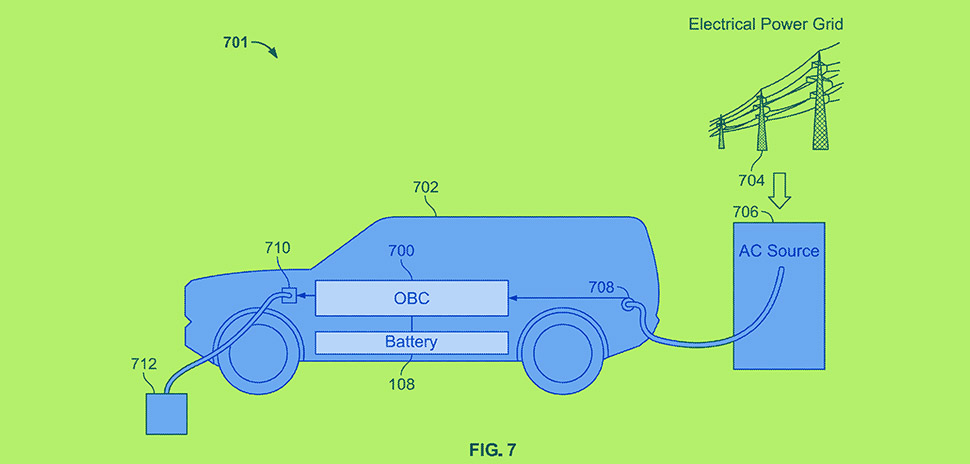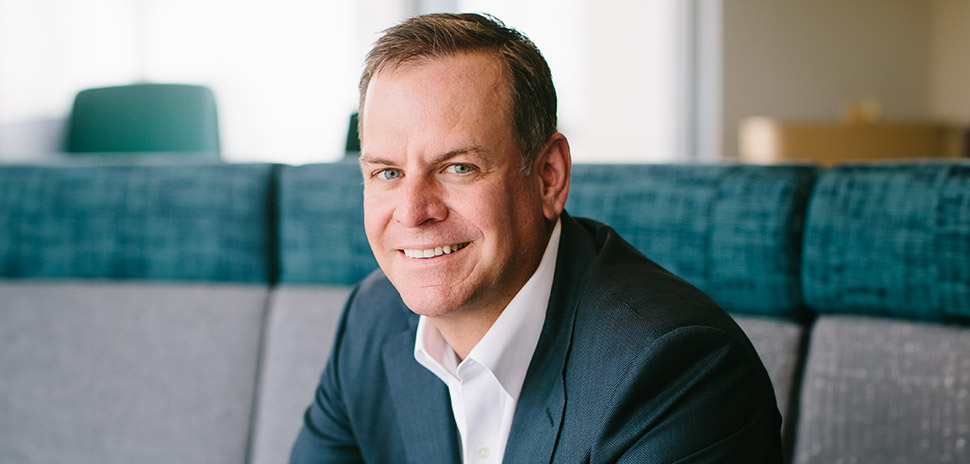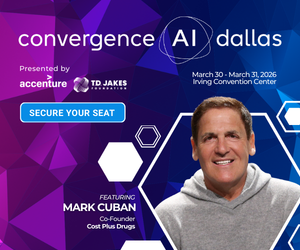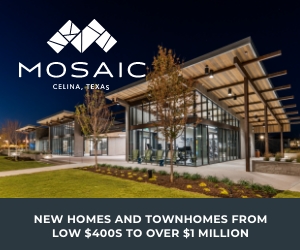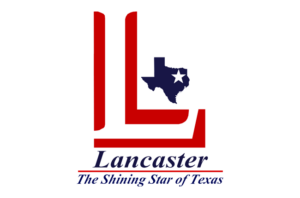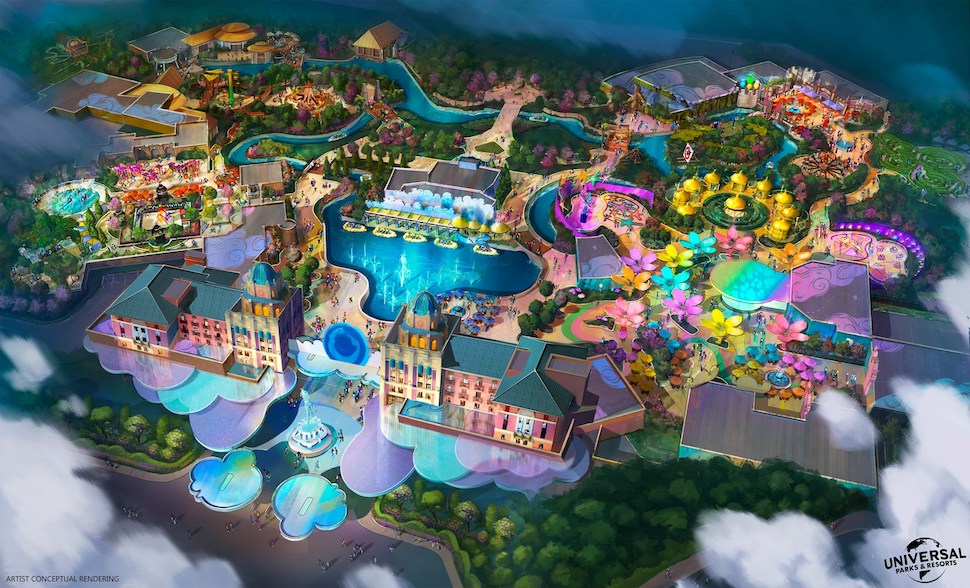
Rendering of the "one-of-a-kind" theme park aimed at families with young children that Universal Parks & Resorts is bringing to Frisco. [Image: Universal P&R]
The Frisco City Council voted Tuesday to approve the zoning permit for a Universal Studios theme park and 300-room hotel, despite pushback from some in the community about the park’s potential impact on traffic and other concerns.
Four Frisco council members voted to approve the permit, with one voting against it and one abstaining, according to WFAA, which quoted Frisco Mayor Jeff Cheney as saying “Welcome to Frisco” following the vote. Frisco estimates the project will bring $1.8 billion in economic impact to the city, WFAA noted.
A traffic impact analysis report conducted for the city by Kimley-Horn concluded that the park’s site “can be successfully incorporated into the surrounding roadway network,” with the circulation plan providing “the appropriate level of access for the development, both on average weekdays and on the site’s maximum day,” which will be on Saturdays.
“One-of-a-kind” theme park will be designed for families with young kids
As Dallas Innovates wrote in January, Universal Parks & Resorts calls the planned theme park “unlike any other in the world,” with a design aiming to serve families with young children. The new park concept—set in a “lush green landscape featuring immersive themed lands”—will bring well-known Universal characters and stories to life “in ways that will wow even the youngest theme park goers,” the company said.
The theme park is slated to be built on 97 acres of land east of the Dallas North Tollway and north of Panther Creek Parkway in Frisco. The parcel will provide room for the new “regional” sized park, an adjacent themed hotel, and future expansion. While the park will be smaller in size than the company’s other larger theme parks, Universal says it will “carry the same quality.”

Get on the list.
Dallas Innovates, every day.
Sign up to keep your eye on what’s new and next in Dallas-Fort Worth, every day.
R E A D N E X T
-
Universal Parks & Resorts is planning a new theme park concept "unlike any other in the world"—and it aims to build it right here in North Texas. The proposed park will be sited within 97 acres of land Universal recently purchased in Frisco, and will target "a whole new generation of fans" on a more intimate scale than larger Universal parks. An adjacent themed hotel will be also be part of Frisco's newest attraction.
-
Kaleidoscope Park—under construction now near the Dallas North Tollway and Warren Parkway in Frisco's HALL Park development—will feature a performance pavilion, shaded promenades, Wi-Fi-equipped "technology terraces," and a permanent art installation by fabric artist Janet Echelman constructed of "atomized water particles" and an engineered fiber that's 15 times stronger than steel. Executive director Dr. Scott Stewart says the park "will be a community park in the truest sense of the word," offering "a free, open, and accessible public space to enjoy, create, and inspire."
-
Dallas' Lyda Hill has been named one of five recipients of the 2022 Carnegie Medal of Philanthropy. She shares the philanthropic spotlight with four other "forces for positive change," including country music legend Dolly Parton. An early donor of the research that led to the Moderna COVID-19 vaccine, Hill believes that "science is the answer"—and has chosen to donate the entirety of her estate to philanthropy and scientific research.
-
Slated to break ground next year, Firefly Park will add "a significantly different, cool vibe to Frisco," says the city's mayor. Developer Kyle Wilks of Wilks Development hired Amsterdam-based UNStudio to develop the master plan in collaboration with Sasaki Associates. That European influence is showing up in the 230-acre project's walkable, park-laden layout—and in the architecture's future-forward look. The Dream Hotel will be designed with hints of the region, with a design philosophy “both surreal and contemporarily chic."
-
Most anyone who has been commuting to work over the past two years has likely noticed a decrease in traffic. Brookings Institution noted that metro traffic congestion was cut in half after COVID-19 hit in 2020, attributing it largely to employees working virtually from home, and more flexible work schedules (though government stay-at-home orders figured prominently as well). The think tank has also reported that 18 million households in rural and urban America are without broadband internet service, which allows streaming of data for smart devices. Considering those factors, the DFW region’s metropolitan planning organization recently informally adopted the policy…
![]()


